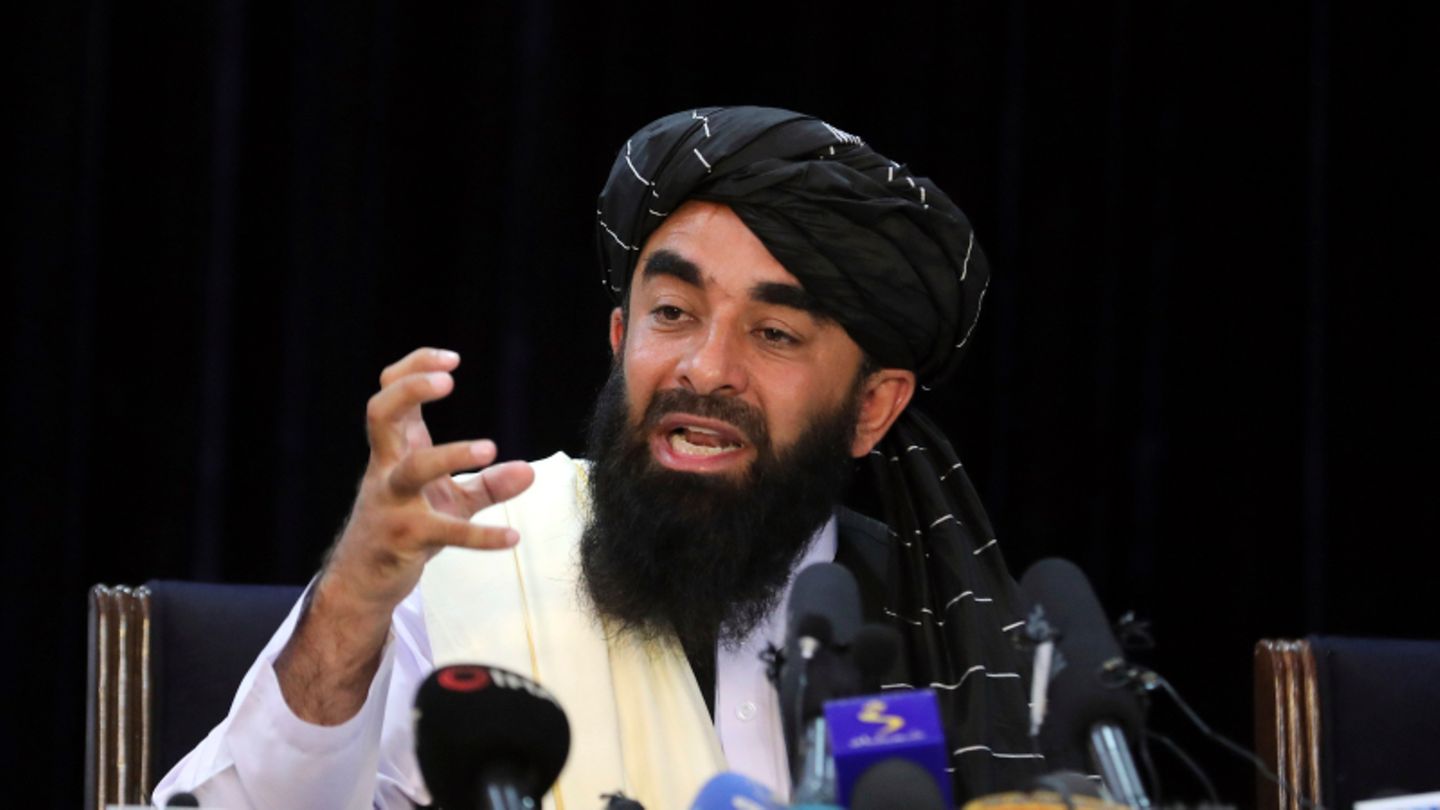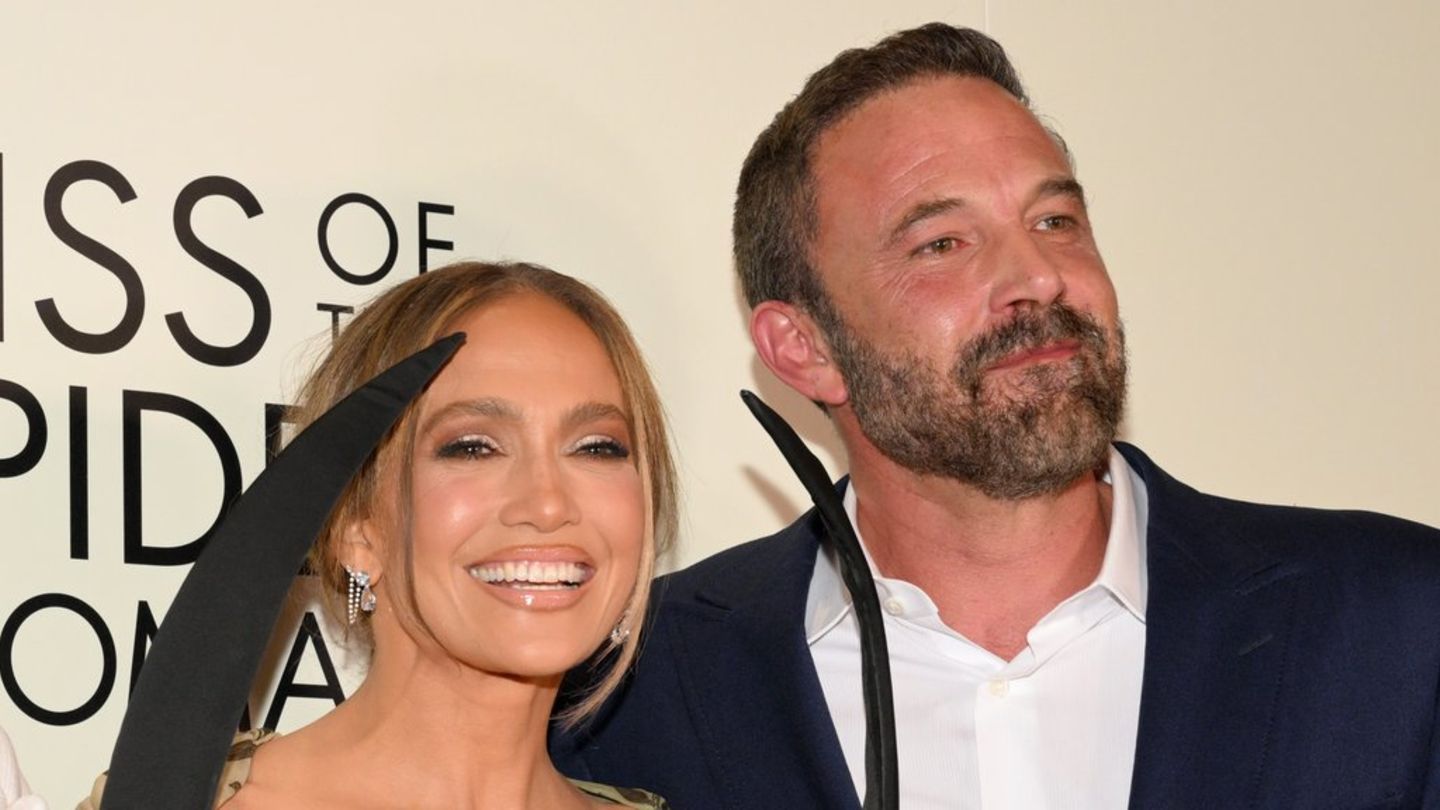The West has left Afghanistan. Now the Taliban determine the fate of the country – German diplomats will also have to rely on the favor of the Islamists in the future.
Actually, Heiko Maas could have talked to the Taliban himself. The Islamists have their political office – a kind of foreign ministry – in the Qatari capital Doha, the last stop on a four-day tour of the foreign minister on matters relating to Afghanistan. Taliban negotiations with the Afghan government took place in the Sheraton Hotel, where Maas stayed on Wednesday night. The Doha Agreement with the USA was signed here last year, which was supposed to bring peace to Afghanistan after decades of war.
But Maas had already made it clear before his arrival in Doha that a meeting with the Taliban was out of the question for him for the time being. The Foreign Minister has sent a specialist to Doha for this purpose: Ambassador Markus Potzel. “This is the channel that we use,” said the minister.
Potzel is currently probably the most important diplomat in the republic. Between 2014 and 2016 he was already ambassador in Kabul, then became the German government’s commissioner for Afghanistan, accompanied the peace negotiations in Doha and was supposed to be sent back to the Afghan capital in August. The Taliban thwarted his plans. After the coup in Kabul, Maas quickly rerouted him to Doha, where he is now in constant contact with the Taliban via WhatsApp. A face-to-face meeting is scheduled every few days.
There were negotiations with the Taliban before – 14 years ago
But is that actually allowed? Negotiating with people who have long been viewed as terrorists, against whom Bundeswehr soldiers fought and died? The discussion has been going on for a long time.
14 years ago, the then SPD leader and Minister President of Rhineland-Palatinate, Kurt Beck, made himself a mockery of the republic when he initiated talks with the moderate Taliban. It doesn’t work at all, was the prevailing opinion at the time. “You can tell that Mr. Beck is sitting in Mainz and has so far been more concerned with winemakers than with world politics,” said the then CSU general secretary and current party leader, Markus Söder, of Beck. Today we know that Beck was more of a visionary than an amateur in foreign affairs when it came to the Taliban.
There is no way around it: “The Taliban are now a reality in Afghanistan”
Potzel isn’t the only one talking to the Taliban in Doha. Other western states are also seeking contact. All have one thing in common, as Federal Chancellor Angela Merkel (CDU) put it in her government statement: “The Taliban are now a reality in Afghanistan. This new reality is bitter, but we have to grapple with it.”
Anyone who wants to achieve something in Afghanistan can no longer ignore the Taliban. And the federal government even has a very urgent concern: More than 40,000 people are waiting to leave the country with their help. And after the end of the military evacuation operation by the international community, that can no longer be done without the goodwill of those in power. They control the roads to the border with checkpoints. And the airport is now under their control again.
It is actually an absurd situation: in order to allow those seeking protection to leave the country, the government has to cooperate with those from whom it actually wants to protect these people. But there is no alternative.
So it is pure pragmatism that the German government uses to negotiate with the Taliban. There is also an initial success. Last week the Taliban promised Potzel safe conduct for those seeking protection. “I believe you will only see in the coming days and weeks whether you can rely on it,” Maas emphasized.
But there are indications that this could work. On Monday, while Maas was holding talks in the Pakistani capital Islamabad, a first large convoy of people seeking protection made it across the border into the neighboring country. About 100 Afghan employees of the Konrad Adenauer Foundation and the Friedrich Ebert Foundation took to safety.
Hundreds of millions of aid funds as pledge
The Taliban are primarily concerned with two things in the negotiations: money and recognition. Germany had actually pledged aid of 430 million euros to Afghanistan for this year. Most of them are now on hold. Only emergency aid, for example for internally displaced persons, is still paid. But Potzel has promised the resumption of development aid under certain conditions – his most important lever in the talks.
The situation is different with recognition. For now, the Taliban cannot count on that. You don’t want to get used to the new rulers that quickly. “At the moment it is not about the question of recognition under international law,” said Maas. “It’s about solving very practical problems.”
German embassy in Kabul may be possible in the future
Discussions about these problems could perhaps soon take place in Kabul. The Taliban are in the process of relocating their representation in Doha back home. And the German side decided not to let the short line to the Taliban be severed. Even the reopening of the German embassy in Kabul, which was abandoned only a few days ago, seems possible.
“There is a great need for a diplomatic presence,” stressed Maas in Doha. “If it were politically possible and if the security situation allows it, then Germany should again have its own embassy in Kabul.” At the moment they are in close coordination, especially with the European partners on this topic. First of all, they want to wait and see who the Taliban will make their government. Should other population groups than the Taliban itself be represented, that would be seen as a positive sign.
Even the reopening of the embassy would not be equated with recognition by the government. Diplomatic relations are with states and not with governments. That is why there is also a German embassy in the North Korean capital Pyongyang and in Myanmar despite the military coup.
In any case, his trip should have encouraged Maas to hold discussions with the Taliban as intensively as possible. Especially in Pakistan and Qatar, where the Taliban are known best, he was warned against the isolation of Afghanistan. The Pakistani Foreign Minister Shah Mehmood Qureshi recommended that the new rulers in Kabul should be given a leap of faith and that the commitment to the country should continue. “We should be nudging them in the right direction,” he said. “Let’s not repeat the mistakes of the past.”
David William is a talented author who has made a name for himself in the world of writing. He is a professional author who writes on a wide range of topics, from general interest to opinion news. David is currently working as a writer at 24 hours worlds where he brings his unique perspective and in-depth research to his articles, making them both informative and engaging.




